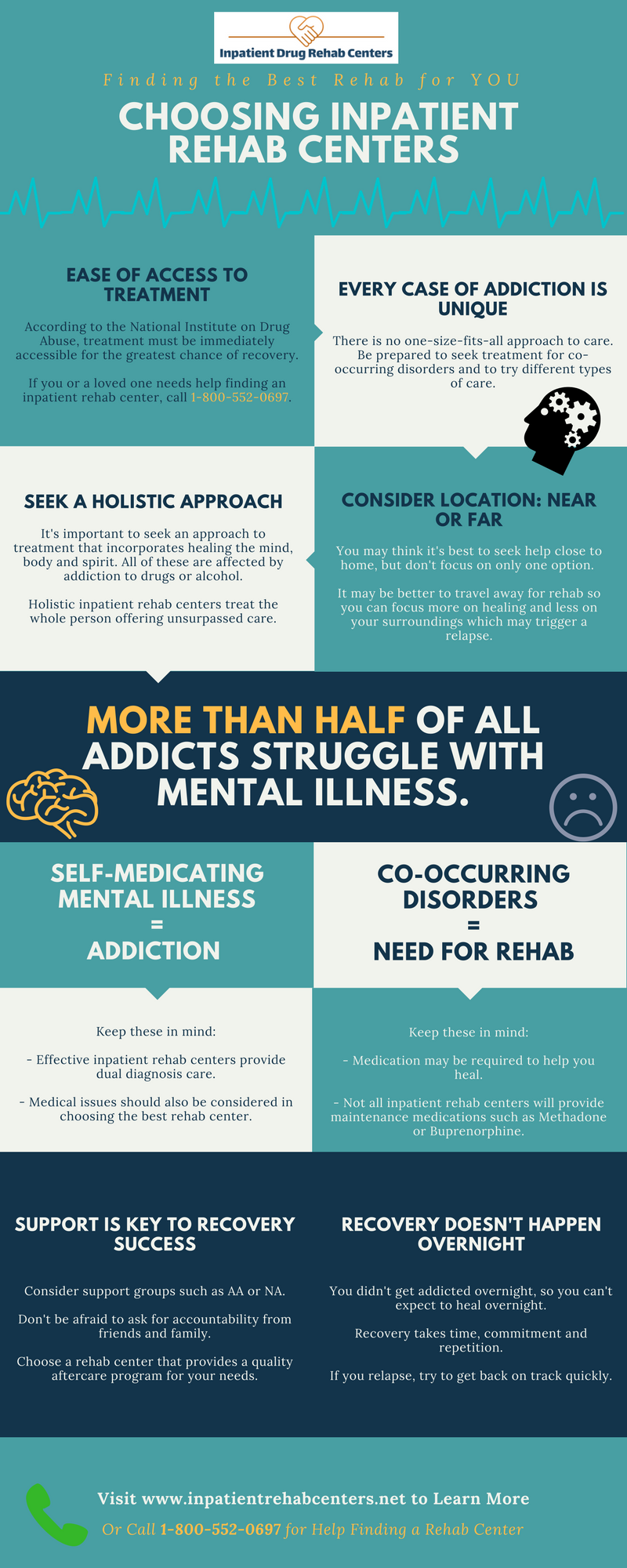Discover Exactly How To Create A Strong Post-Rehabilitation Care Strategy And Achieve Enduring Success
Discover Exactly How To Create A Strong Post-Rehabilitation Care Strategy And Achieve Enduring Success
Blog Article
Writer-Burnham French
You have actually finished drug rehabilitation, and now it's time to create an effective aftercare strategy to ensure your long-term recovery.
Image this: you're a person determined to remain tidy and build a meeting life. This post will certainly direct you with recognizing recurring support systems, integrating treatment and counseling, and establishing healthy and balanced coping devices.
With these techniques, you'll be geared up to grow in your journey of sobriety.
Let's get started.
Identifying Ongoing Support Systems
You ought to identify a minimum of three ongoing support group to make sure an effective recuperation after drug rehabilitation.
The initial support group is your family and friends. They can supply emotional support, inspiration, and assist you stay liable. They can additionally provide a secure and understanding environment where you can share your battles and success.
The 2nd support system is your therapist or counselor. WhiteSands drug and alcohol rehab florida Fort Myers Suboxone Doctor 33994 can aid you work through any underlying issues that might have added to your dependency and offer advice on just how to avoid regression. They can additionally teach you dealing systems and healthy and balanced methods to handle tension.
The 3rd support system is a support system or a sober neighborhood. Being bordered by https://www.addictioncenter.com/news/2021/10/stacey-dash-clueless-secret-opioid-addiction/ who are undergoing comparable experiences can be extremely valuable. They can offer a sense of belonging, understanding, and deal useful guidance and assistance.
Incorporating Treatment and Counseling
To accomplish an effective healing, it's important for you to proactively take part in therapy and therapy sessions, as well as include them right into your recurring support group. By doing so, you can maximize the benefits of these treatment methods and increase your opportunities of preserving lasting soberness.
Right here are some vital reasons incorporating treatment and counseling into your aftercare plan is important:
- ** Emotional Support: ** Treatment and counseling offer a secure space for you to share your thoughts, sensations, and has a hard time pertaining to your addiction. It allows you to work through any type of unsolved issues and create healthy coping systems.
- ** Fall back Avoidance: ** These sessions outfit you with the necessary devices and approaches to avoid regression. They aid you identify triggers, establish coping abilities, and establish a strong foundation for managing yearnings and tension.
- ** Personal Development: ** Therapy and therapy facilitate individual growth and self-discovery. They aid you acquire insight into the underlying root causes of your addiction, enhance self-worth, and create healthier relationships.
Establishing Healthy And Balanced Coping Devices
During therapy and counseling sessions, it's essential to proactively work with creating healthy and balanced coping mechanisms in order to successfully handle stress and challenges.
You need to determine and understand your triggers, those points that cause you distress or anxiousness. By recognizing these triggers, you can establish methods to cope with them in a healthy way. This might entail practicing deep breathing exercises, taking part in exercise, or finding an innovative outlet to express your feelings.
It's important to additionally border on your own with a solid support system of loved ones that can provide motivation and guidance.
Furthermore, self-care activities such as obtaining sufficient rest, eating well, and practicing leisure methods can substantially contribute to your overall health.
Final thought
In the trip towards recovery, creating a successful aftercare strategy is like tending to a fragile garden. Just as a garden enthusiast nurtures each plant with care and attention, so too must one cultivate recurring support systems, include therapy and counseling, and create healthy coping mechanisms.
By doing so, the seeds of recovery will bloom right into a growing yard, supplying a solid structure for a brighter, drug-free future.
